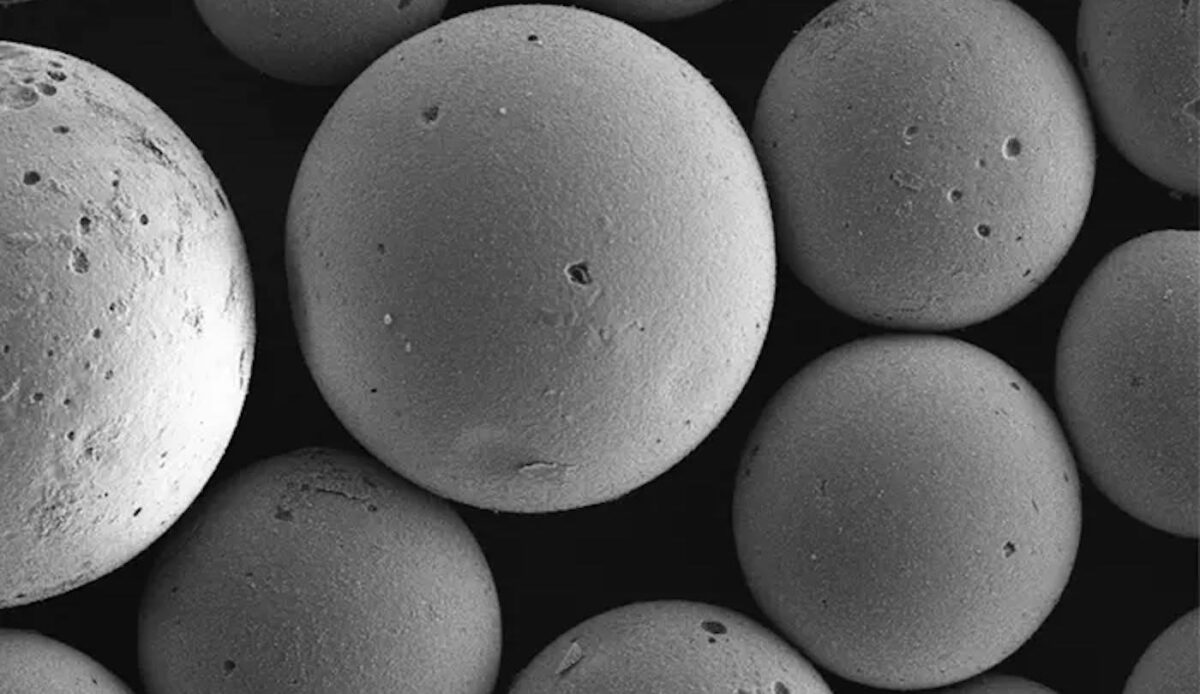Edible Carbon Beads Reduce Liver Cirrhosis

Researchers at University College London have developed innovative carbon beads that reduce harmful bacteria and inflammation in animal models, addressing issues linked to liver cirrhosis and other serious health problems.
Published in the journal Gut, the study found these carbon beads effectively restored gut health and improved liver, kidney, and brain function in rats and mice. The beads were also deemed safe for human use.
Professor Rajiv Jalan from the UCL Institute for Liver and Digestive Health explained that an imbalance in the microbiome allows harmful bacteria to outcompete beneficial bacteria, leading to gut inflammation and organ damage.
In liver cirrhosis, characterized by liver scarring affecting 100 million people globally, inflammation from endotoxins worsens liver damage. Standard treatments like antibiotics pose risks of resistance and are used only in advanced stages.
To address this, UCL scientists developed oral carbon beads, designed to adsorb harmful molecules in the gut. Known as CARBALIVE, these beads were tested on liver, kidney, and brain function in rats and mice. Daily ingestion for several weeks prevented liver scarring progression and reduced mortality in acute liver failure.
Licensed to UCL-spinout Yaqrit, the beads were tested on 28 cirrhosis patients, proving safe with minimal side effects. If human trials replicate animal model results, the beads could significantly combat liver disease.
“These carbon beads, smaller than a grain of salt, absorb endotoxins and harmful metabolites in the gut, preventing damage to other organs,” said Michal Kowalski, CARBALIVE product lead at Yaqrit. “Animal model results show reduced gut permeability and improved liver, brain, and kidney function.”
Further human trials are planned to confirm efficacy. If successful, these beads could be a valuable treatment for liver disease and other conditions related to poor microbiome health, such as irritable bowel syndrome.
With funding from a European Union innovation program, a factory was built to manufacture the beads and continue research into their potential uses.
“I am hopeful that these beads will soon be approved to treat liver disease and other conditions,” added Jalan, a Hepatology professor at UCL.